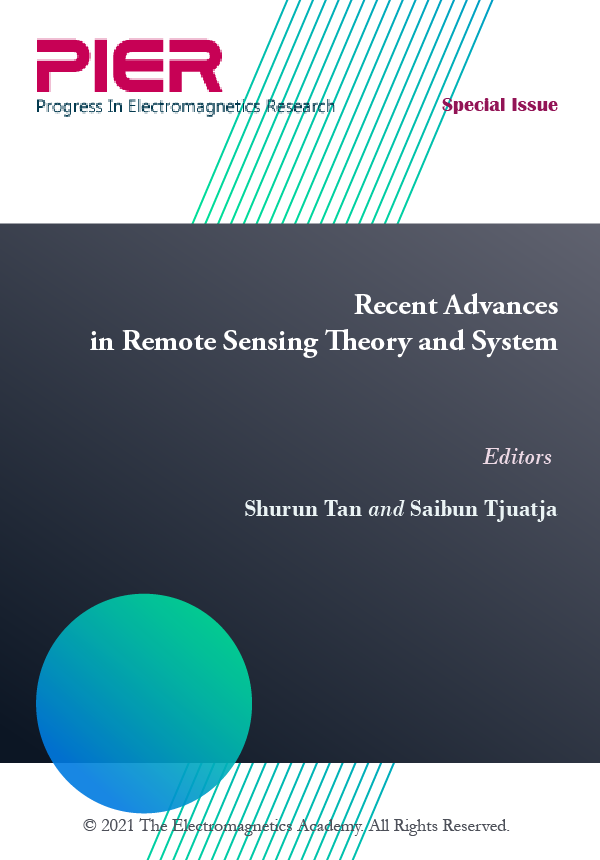折射率接近于零的环境中光的超散射
IF 9.3
1区 计算机科学
Q1 Physics and Astronomy
引用次数: 23
摘要
增强亚波长结构对光的散射具有重要的基础和现实意义。虽然每个通道的散射截面不能超过单通道的限制,但最近有报道称,如果多个通道的贡献重叠,总截面可以远远超过这个限制。这种由亚波长结构在自由空间中增强散射的现象在一些文献中被称为超散射。然而,在实际场景中,散射体并不总是在自由空间中,而可能嵌入在非均匀折射率n的环境中。环境对超散射的影响仍然难以捉摸。本文从理论上研究了近零折射率各向同性环境下亚波长结构的超散射。重要的是,较小的n可以导致更大的超散射总横截面。潜在的机制是,较小的n可以产生较大的单通道限制。因此,我们的工作表明,如果同时最大化单通道限制和多通道的贡献,则亚波长结构的散射可以进一步增强。本文章由计算机程序翻译,如有差异,请以英文原文为准。
SUPERSCATTERING OF LIGHT IN REFRACTIVE-INDEX NEAR-ZERO ENVIRONMENTS
Enhancing the scattering of light from subwavelength structures is of both fundamental and practical significance. While the scattering cross section from each channel cannot exceed the single-channel limit, it is recently reported that the total cross section can far exceed this limit if one overlaps the contribution from many channels. Such a phenomenon about enhancing the scattering from subwavelength structures in free space is denoted as the superscattering in some literature. However, the scatterer in practical scenarios is not always in free space but may be embedded in environments with non-unity refractive index n. The influence of environments on the superscattering remains elusive. Here the superscattering from subwavelength structures in the isotropic environment with near-zero index are theoretically investigated. Importantly, a smaller n can lead to a larger total cross section for superscattering. The underlying mechanism is that a smaller n can give rise to a larger singlechannel limit. Our work thus indicates that the scattering from subwavelength structures can be further enhanced if one simultaneously maximizes the single-channel limit and the contribution from many channels.
求助全文
通过发布文献求助,成功后即可免费获取论文全文。
去求助
来源期刊
CiteScore
7.20
自引率
3.00%
发文量
0
审稿时长
1.3 months
期刊介绍:
Progress In Electromagnetics Research (PIER) publishes peer-reviewed original and comprehensive articles on all aspects of electromagnetic theory and applications. This is an open access, on-line journal PIER (E-ISSN 1559-8985). It has been first published as a monograph series on Electromagnetic Waves (ISSN 1070-4698) in 1989. It is freely available to all readers via the Internet.

 求助内容:
求助内容: 应助结果提醒方式:
应助结果提醒方式:


